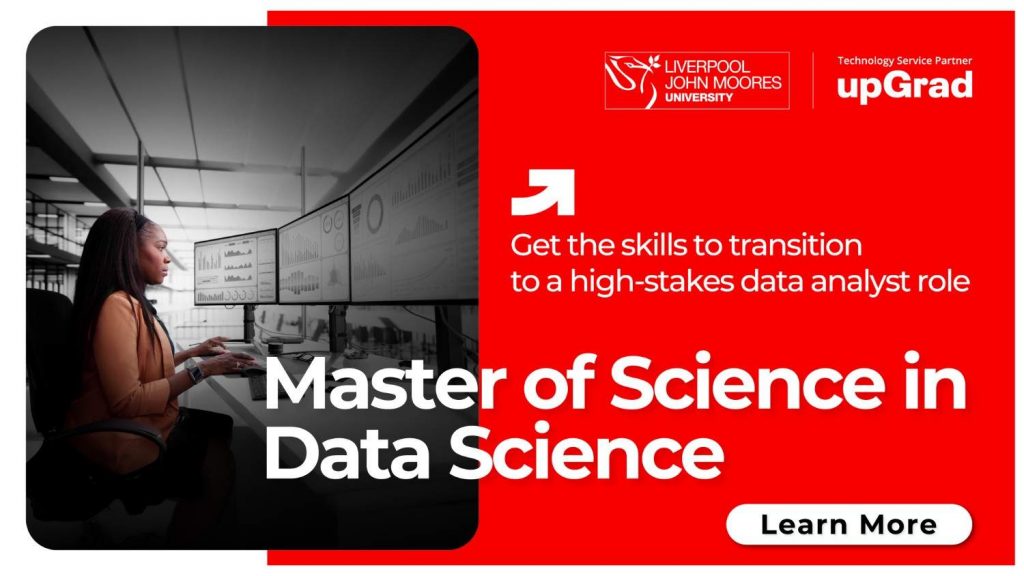As more people browse online and use social media, data science helps marketers deeply understand each customer. It helps them make personalised marketing messages for everyone, which in turn gets more responses. Customising messages for each user gives precise targeting and impact. This article will walk you through the role of data science in digital marketing analytics in the modern era.
Analysing Audience Behaviour
Data science categorises customers using:
- Demographic factors: These include age, gender, location, and other attributes that can help group similar types of customers.
- Browsing patterns: Analysing which web pages or apps users visit helps identify their interests and preferences.
- Purchase history: Looking at what items users have bought in the past reveals much about their future buying potential.
This customer segmentation allows specialised marketing campaigns customised for each group’s profile and needs.
Giving Personal Experiences
Machine learning studies customer information to understand individual selections and wants. This allows us to:
- Make website content like suggestions fitting users’ exact interests.
- Customise emails, notifications and ads based on what each user likes.
- Suggest suitable products that match what users have purchased and viewed before.
Such personalisation increases sales as users find more relevant details.
Improving Campaign Results
Data science does thorough testing to make digital strategy work better by:
- Testing different content versions to know which images, messages and deals give the best outcome.
- Studying data to find which campaign created the most real conversions and business growth.
- Connecting sales to different marketing platforms using data analysis.
These performance enhancements ensure every digital marketing money spent gets a maximum return on investment.
Mapping the Customer Journey
Studying how users connect with a brand across websites, apps, and other platforms shows:
- Times when users are most open to certain content or deals.
- Stages where users may lose interest and leave if brand interaction is insufficient.
- The full path users take from initially hearing about it to finally deciding to purchase.
This map of the user journey allows for strategic engagement at appropriate moments with suitable messaging for better response.

Creating One Customer View
Data from websites, stores, call centres, etc., is combined into a single customer profile showing:
- Basic details like name, contact info and demographic traits.
- Interactions over time across different channels.
- Transaction and purchase records.
This complete 360-degree view helps coordinate smooth, consistent and highly personalised communication experiences.
Conclusion
As more digital options increase, data science has become very important for marketers. It allows personalised messaging to large groups to stand out. Data helps make decisions that match what users want, which gives better customer experiences overall. Brands that use data science will stay ahead of others in digital marketing.
FAQs
1. How does data science help segment audiences in digital marketing?
Data science studies customer information such as age, browsing history, purchases, etc. This allows audiences to be divided into different groups and helps with tailored messaging per group.
2. How does personalisation work in digital marketing?
Machine learning analyses customer data to know individual interests and likes. This allows customising website content, product suggestions, emails, ads, etc., for each user.
3. What are the benefits of improving campaign performance in digital marketing?
Data science tests different content to find what works best. It studies campaign optimisation results to spend and increase ROI correctly, improving overall results.
4. How does mapping the customer’s path help digital marketing?
Analysing user interactions shows the right moments to connect with them. Mapping the path allows users to engage with suitable messages at appropriate times for good response.
5. Why is a complete customer view important for digital marketing?
A single customer view combines data from all sources. It provides a complete perspective for coordinating personalised and consistent marketing across channels.































